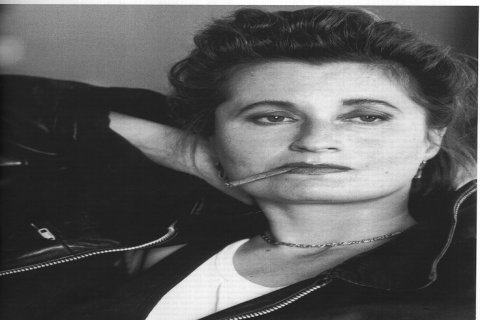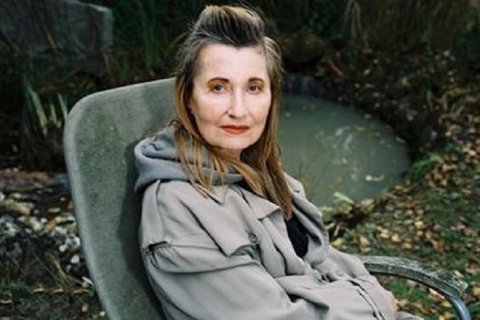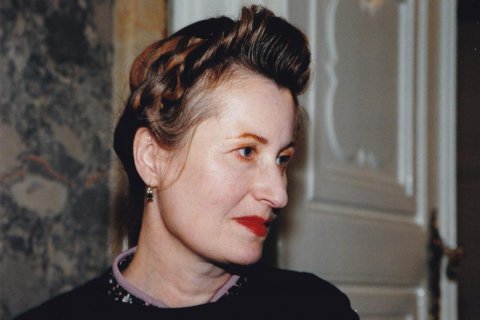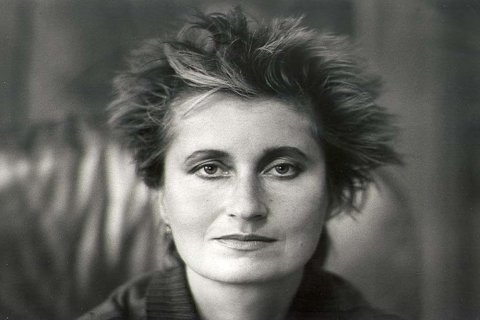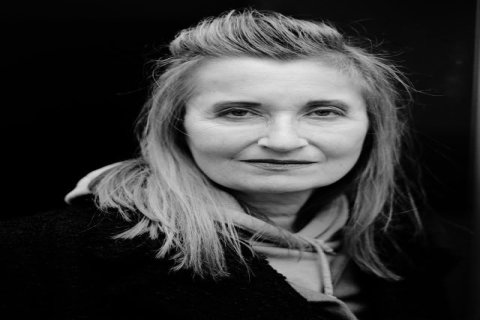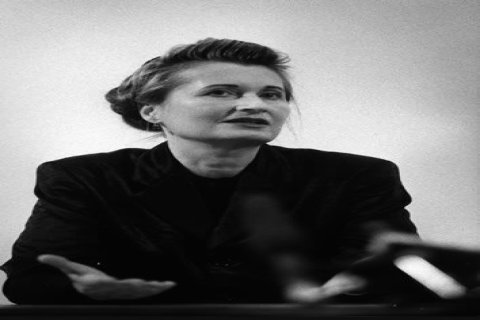Elfriede Jelinek
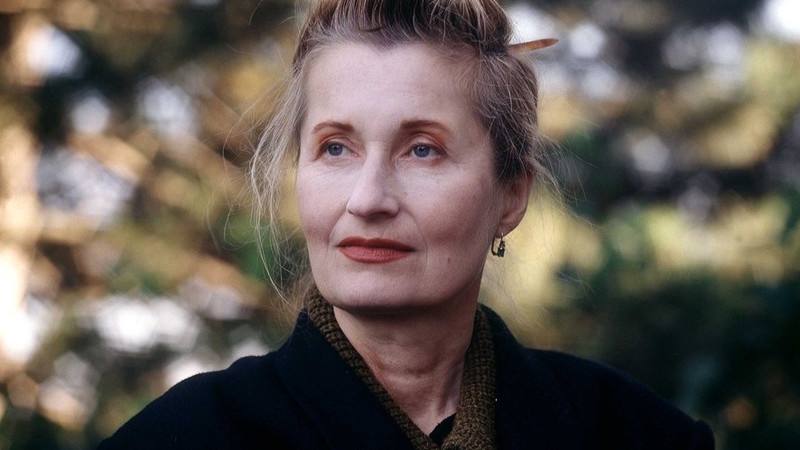
Elfriede Jelinek is a renowned Austrian writer, playwright, and translator who has gained international recognition for her provocative and critical works. She was born on October 20, 1946, in Mürzzuschlag, Austria. Jelinek's literary career spans over five decades, and she has produced an extensive body of work that includes novels, plays, essays, and radio plays.
Jelinek's writings often explore themes of gender, power, language, and the socio-political landscape of Austria. Her works are known for their sharp wit, scathing satire, and linguistic experimentation. Jelinek's unique style and insightful observations have earned her numerous accolades, including the Nobel Prize in Literature in 2004.
Here are some additional details about Elfriede Jelinek:
-
Early Life and Education:
- Elfriede Jelinek was born into an artistic family. Her father was a chemist, and her mother was a vocal coach.
- She studied organ and composition at the Vienna Conservatory and later pursued a degree in art history at the University of Vienna.
-
Literary Style:
- Jelinek's writing style is characterized by her use of stream of consciousness, fragmentation, and unconventional grammar.
- Her works often employ multiple perspectives and intertextual references, creating a complex and layered narrative.
-
Major Works:
- "Die Klavierspielerin" ("The Piano Teacher," 1983): This novel explores themes of female sexuality, power dynamics, and the psychological complexities of a piano teacher and her student.
- "Lust" ("Desire," 1989): A play that delves into the world of advertising, consumerism, and the exploitation of women in the media.
- "Die Kinder der Toten" ("Children of the Dead," 1995): This novel examines the aftermath of World War II in Austria and its lasting impact on individuals and society.
-
Controversies:
- Jelinek's works have often been met with controversy due to their explicit language, critical portrayal of Austrian society, and exploration of taboo subjects.
- Her play "Sportstück" ("Sports Play," 1998) caused a scandal when it was staged in Vienna due to its satirical depiction of Austrian nationalism and soccer hooliganism.
-
Nobel Prize in Literature:
- In 2004, Elfriede Jelinek was awarded the Nobel Prize in Literature for her "musical flow of voices and counter-voices in novels and plays that, with extraordinary linguistic zeal, reveal the absurdity of society's clichés and their subjugating power."
-
Feminist Perspectives:
- Jelinek's works frequently engage with feminist issues and critique patriarchal structures.
- She examines the objectification and oppression of women in society and challenges traditional gender roles.
Elfriede Jelinek's literary contributions have significantly impacted contemporary literature and continue to provoke discussions and debates on social, political, and cultural issues. Her unique voice and experimental writing style have established her as one of the most prominent and influential writers of our time.

